NCLT Kolkata Allows CIRP Proceedings Despite PMLA Provisional Attachment Order
In a significant ruling, the National Company Law Tribunal (NCLT) Kolkata, comprising Smt. Bidisha Banerjee (Judicial Member) and Shri D. Arvind (Technical Member), has upheld the admission of Corporate Insolvency Resolution Process (CIRP) proceedings against Shree Mahalaxmi Corporation Pvt. Ltd. (the Corporate Debtor) under the Insolvency and Bankruptcy Code, 2016 (IBC), despite a Provisional Attachment … Continue reading “NCLT Kolkata Allows CIRP Proceedings Despite PMLA Provisional Attachment Order”

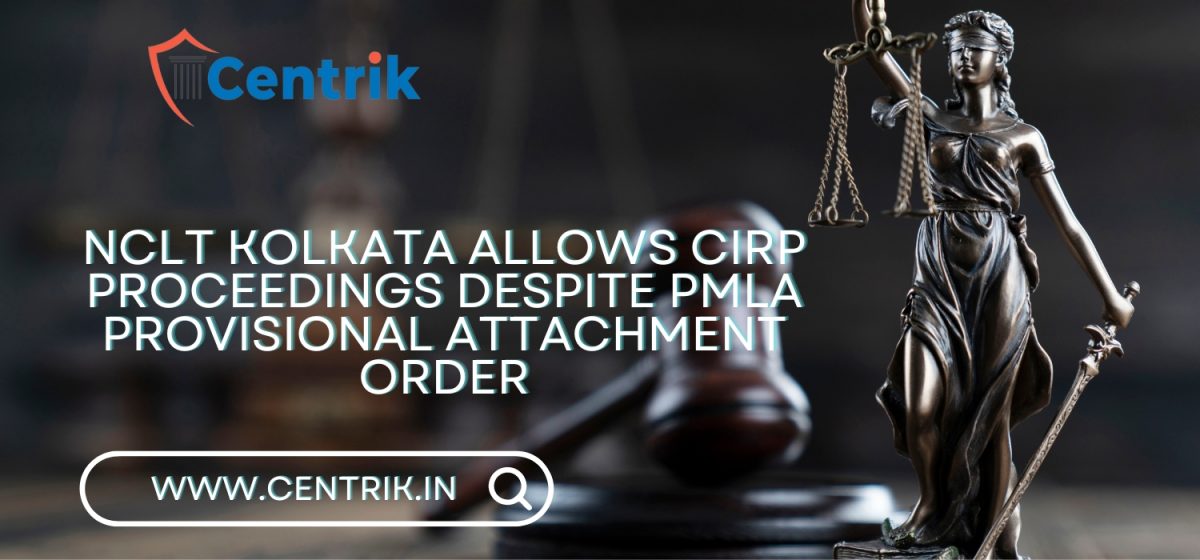

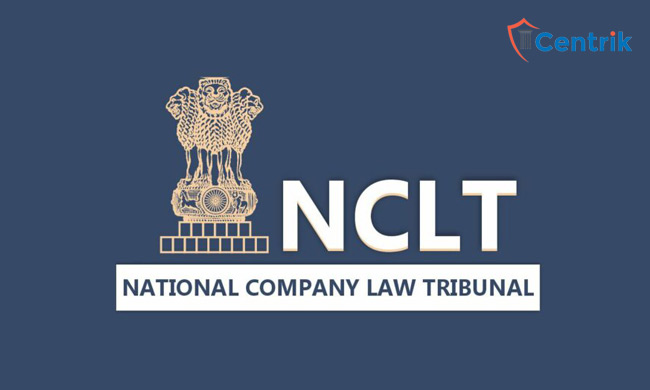
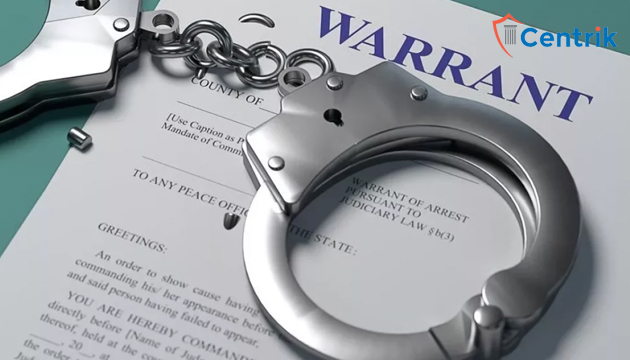
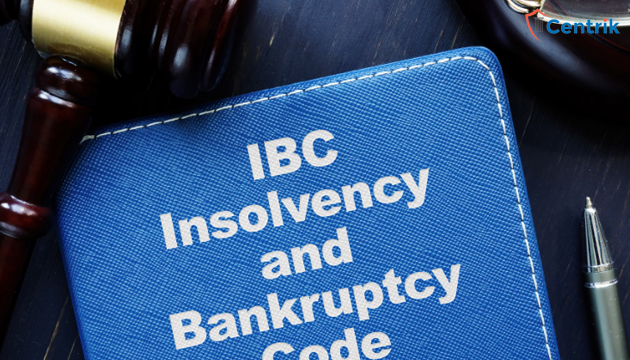

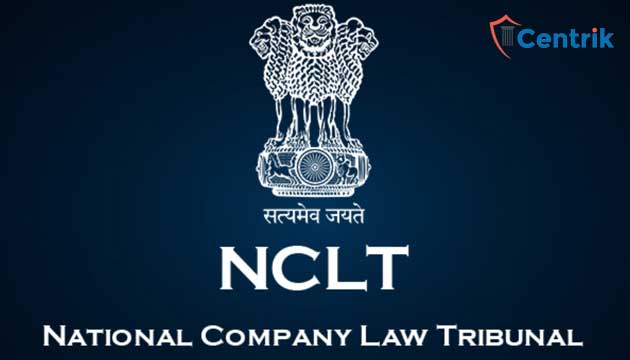




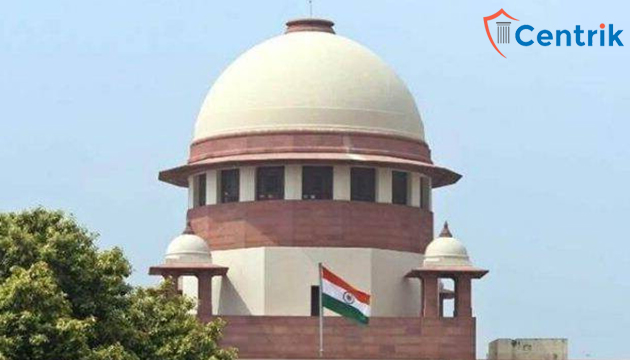
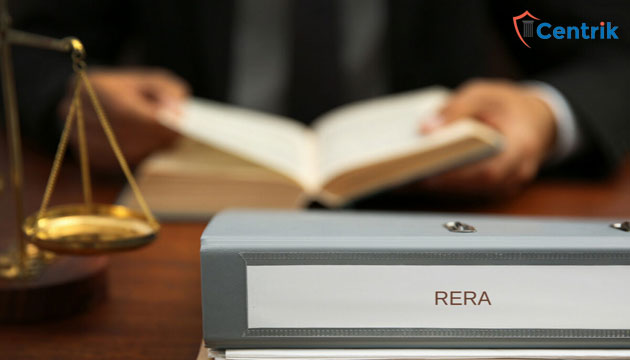

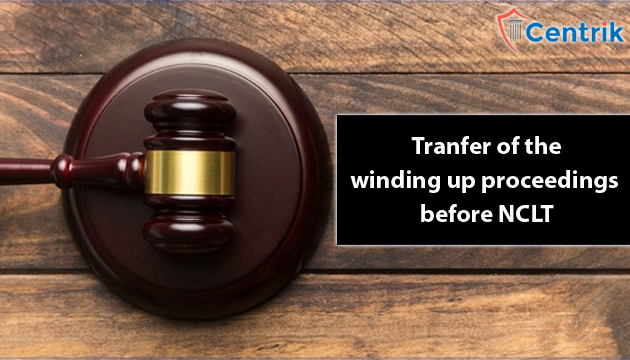
 join For Updates
join For Updates